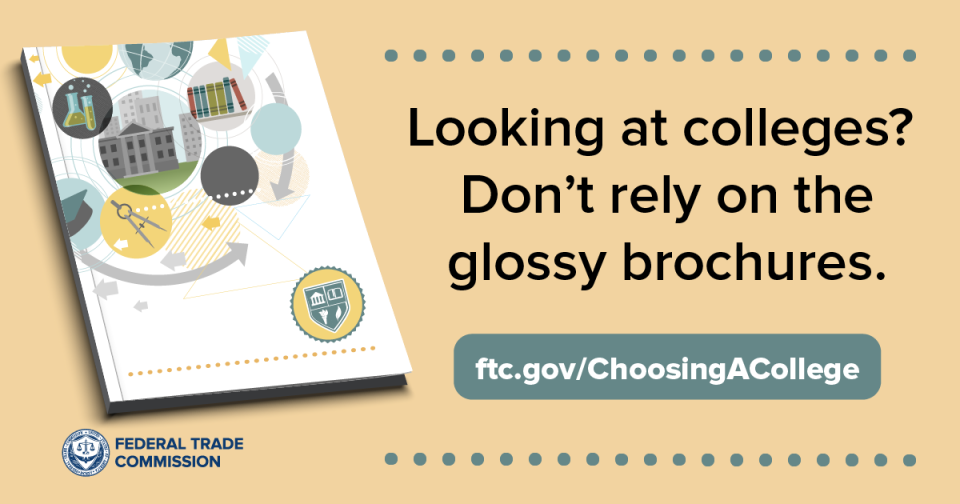When a college or university claims it has relationships with well-known employers, those promises may convince people to attend — even if those promises aren’t true. That’s exactly what happened with Sollers College, according to an FTC lawsuit. Read on for advice on how to spot these schools — and avoid them.
The FTC says Sollers College recruited students with promises of high (90%) placement rates within months of graduation, and said they were partnered with well-known companies. In reality, the school’s job placement rate for some programs was as low as 52%, and many of the businesses listed had no relationship with the school at all. The FTC also says, these claims weren’t only meant to get folks in the door — they were a way to encourage students to feel confident in signing up for Income Share Agreements (ISAs) — a method of tuition financing that Sollers profited from.
As part of the settlement, Sollers College has canceled all ISAs issued by the school, resulting in $3.4 million in debt relief for students. If you went to Sollers College and had an ISA that was canceled, there is nothing you need to do to “enroll” and you don’t need to pay for this cancelation – anyone who claims you do is a scammer. For more information about the canceled ISAs, go to ftc.gov/sollers.
If you’re looking at colleges, ask questions and do your own research – and don’t rely on the statements in those glossy brochures. Go to the Department of Education’s College Scorecard to find important information about schools, like what percentage of students graduate, how much debt students have, and whether students are able to repay their loans.


I really appreciate all of the research , advocacy and education you provide. You make the world a better place.
Stick with affordable hometown City Universities, home-state State Universities!
Thanks for this valuable news and publicity about Sollers College. It's encouraging to hear good news that scammers are getting caught and their victims are receiving some relief. Just wish there could be criminal charges or something stronger than a "settlement," which often results in the financial costs being passed on in this case to the students in the form of higher tuition and fees, most likely. Thank you, FTC!
Fortunately we were able to pay in state school tuition. For years I've had concern about friends/family student debt. An eighteen year old has not had enough life experience to evaluate long term loans. Colleges promoted the student as being legal age to make decisions and sign agreements. Lottery promises have not materialized in decreased tuition. Also the flood of credit card offers to new students also contribute to the debt level. The lenders, not tax payers, should have to make adjustments in lower payments and decreased amount of debt owed.
I hate to say it, but I have been burned by a high ranking college, as well as the lesser known ones. There needs to be a way to stop these predatory universities. They’re just as bad as the lenders
In reply to I hate to say it, but I have… by Virginia Albin
If you want to alert others, we will consider posting your story on our Facebook page website, . You may reach me at .